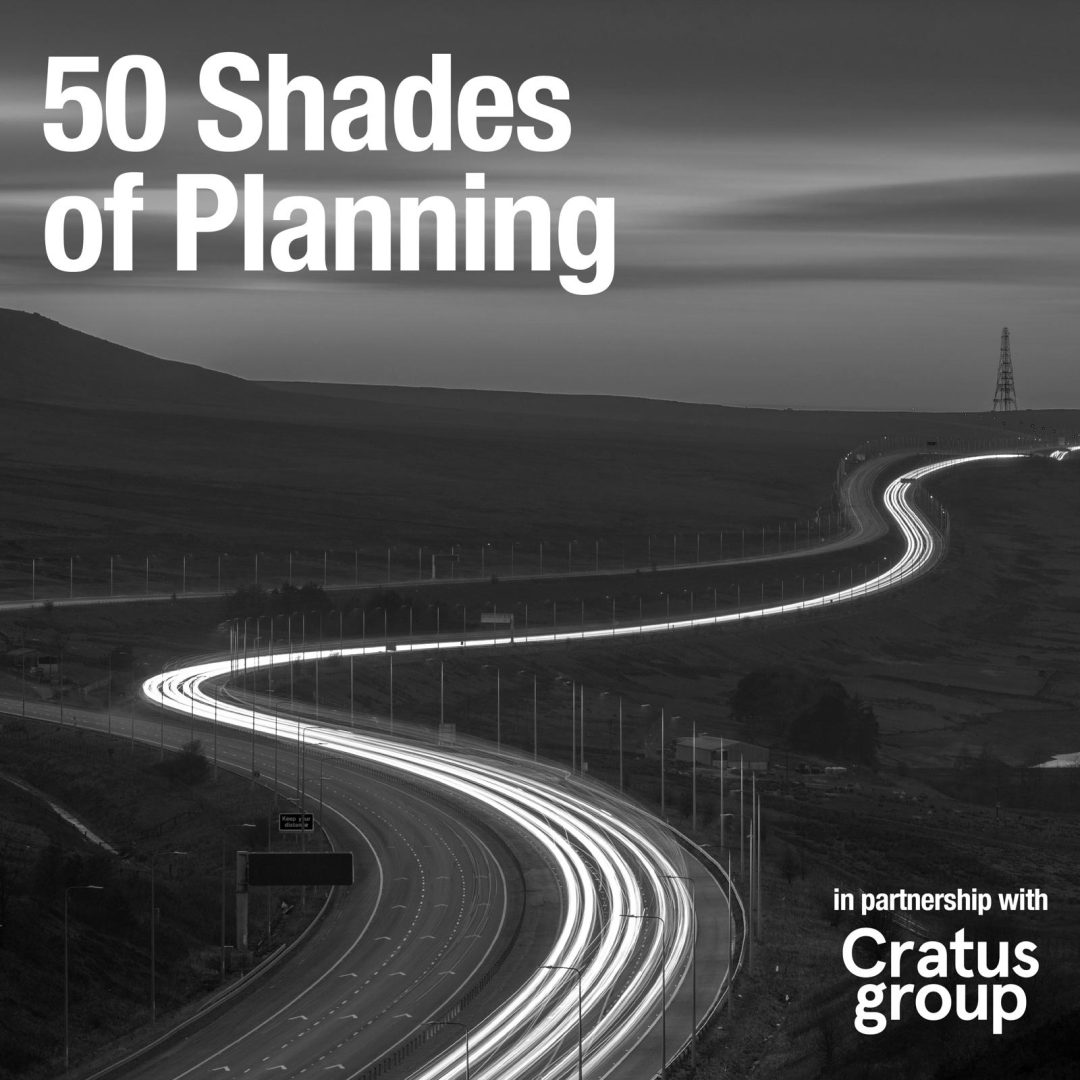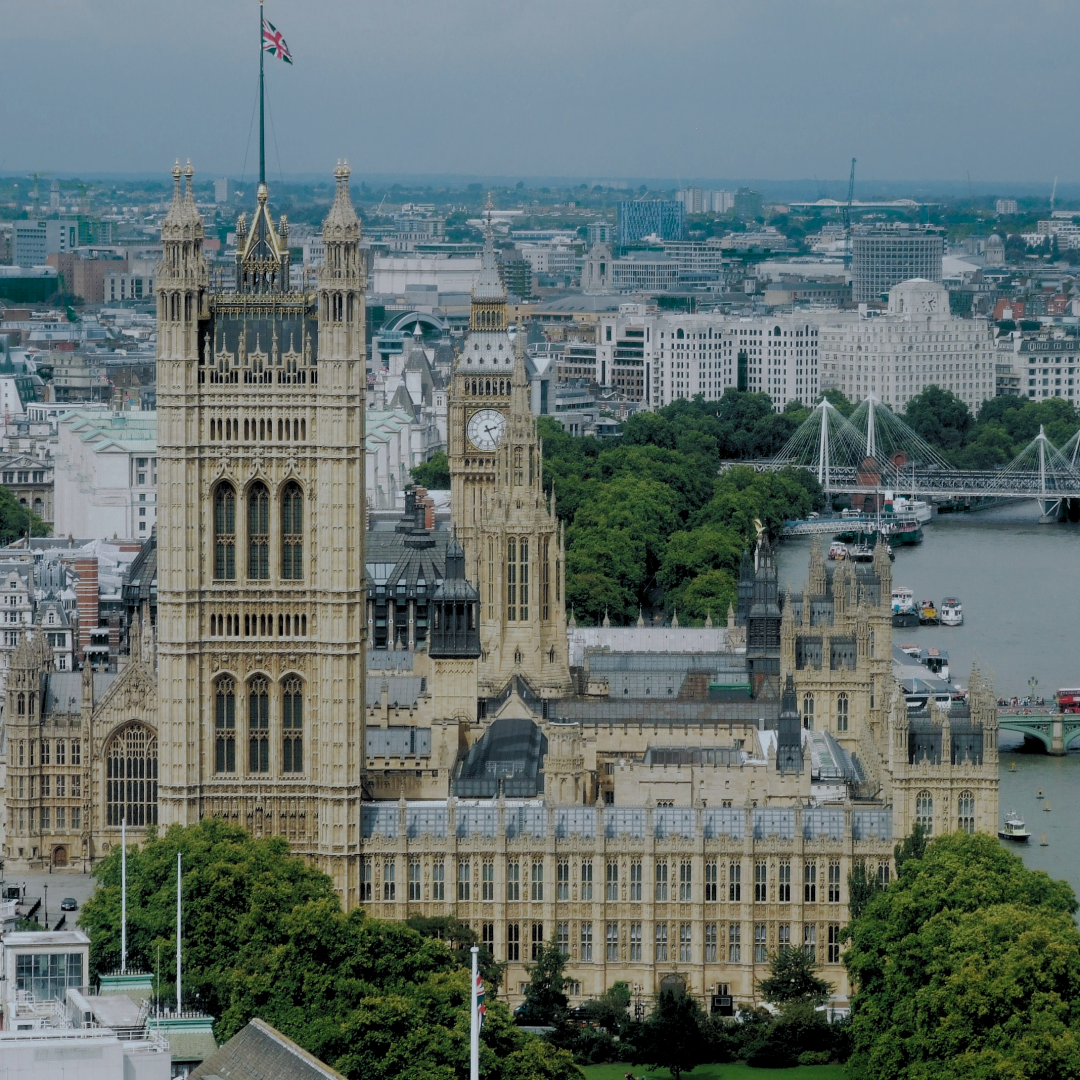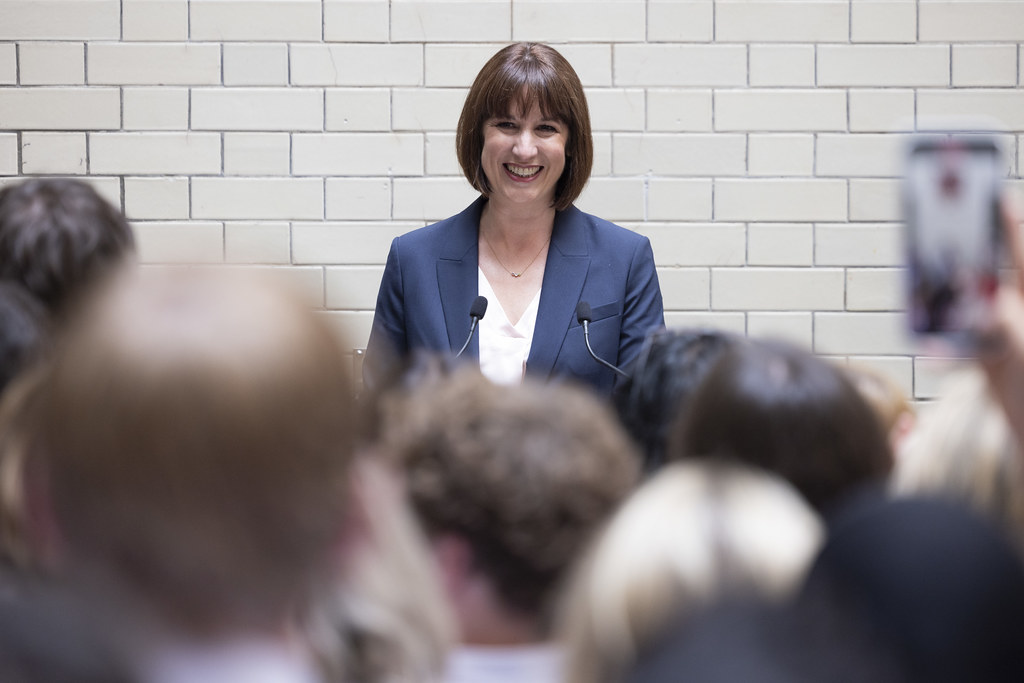The Gaza Effect: Unravelling British Political Alliances
The ongoing conflict between Israel and Hamas in Gaza isn’t just a distant matter; it’s causing waves in the realm of British politics, stirring debates, controversies, and influencing voter sentiments across the spectrum. Both the Conservative and Labour parties are feeling the aftershocks, with potential repercussions looming over the upcoming general election.
Despite initial predictions of a landslide victory for Sir Keir Starmer in this year’s upcoming general election, the stance taken by Labour on the conflict has stirred up significant debate and speculation about its potential impact on the party’s electoral prospects. The growing pushback within the party threatens to undermine Starmer’s efforts to maintain party unity, particularly given the diverse range of opinions among its members. Concerns are also mounting within Labour about the possibility of losing support from Muslim voters to smaller challenger parties, reminiscent of past experiences with Respect and the Liberal Democrats. This fear underscores the significance of the ongoing conflict in shaping Labour’s electoral prospects for this year’s elections.
On the left, the Labour party, traditionally seen as a stronghold for progressive values and social justice, is facing a significant challenge in maintaining the support of British Muslims, a crucial part of its voter base. The handling of the Gaza conflict by Starmer has come under intense scrutiny; criticisms range from accusations of a muddled position on recognising Palestinian statehood to concerns about the party’s stance on Islamophobia.
The recent resignations of Labour councillors, including Shaista Aziz, Amar Latif, Afrasiab Anwar and others have shed light on the growing dissatisfaction with Labour’s response to the crisis. These departures represent a loss of confidence in Starmer’s leadership and the party’s perceived failure to condemn Israel’s actions in Gaza, costing them their majority on Oxford City Council. In the face of mounting criticism, Starmer’s attempts to navigate the issue have been met with internal strife. His reluctance to condemn Israel’s actions has sparked dissent within his own party, leading to resignations and accusations of betrayal from former allies.
Labour’s challenge doesn’t just stem from dissatisfaction with its handling of the Gaza conflict but also from broader anxieties from the Muslim community regarding Islamophobia within the party and the treatment of figures like Apsana Begum. These issues have eroded trust in Labour’s leadership among British Muslims, who now view the party as less of a natural choice than they did in previous years.
The repercussions of this stance are palpable. The latest polling data suggests that Labour has lost ground among British Muslims, with only 43% of those who backed the party in the 2019 general election willing to do so again. Additionally, Starmer’s net favourability has seen a decline, especially in regions with large Muslim populations. In Rochdale, a previously safe seat for Labour, fears of a backlash loom large as residents prepare to head to the polls on February 29th, where nearly 27% of voters are Muslim.
Meanwhile, on the right, the Conservative party is also navigating the political fallout from the Gaza conflict. While the Conservatives have traditionally been more aligned with Israel, recent events have led to a shift in public sentiment, with 62% of British Muslims polled indicating that their view of the Conservative party has become more unfavourable. This shift presents a challenge for the Conservatives as they seek to maintain their political standing, while also addressing concerns about their handling of international conflicts and the issue of rising antisemitism and Islamophobia under their watch.
This shift in allegiance is not confined to the Muslim population alone. Across the broader spectrum of British society, there is growing discontent with the government’s unwavering support for Israel’s actions. Calls for a ceasefire have been met with tepid responses from political leaders, further alienating swathes of the electorate, especially younger voters.
In a tumultuous turn of events, the Speaker of the House of Commons, Lindsay Hoyle, has also found himself at the centre of this political storm following a chaotic night of parliamentary proceedings. The catalyst? A symbolic vote on a ceasefire, which has ignited fierce debate and calls for Hoyle’s resignation.
The intensifying public debate around Gaza has created a complex political landscape in Britain, with implications for both major parties. Pro-Palestinian rallies surge, while antisemitism rises, presenting a critical juncture in British politics. With a general election looming, the political stakes couldn’t be higher. How Labour and the Conservatives navigate these stormy political waters will shape the future direction of British politics. It’s a test of leadership, principles, and the ability to resonate with a diverse electorate grappling with the complexities of international conflicts. As the countdown to the election begins, all eyes are on how both parties weather this political tempest.








